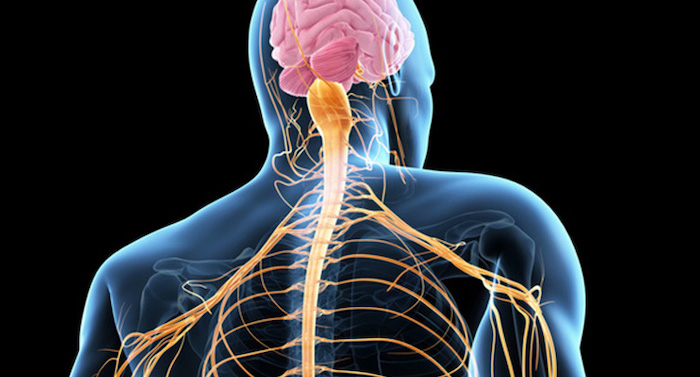
Severe nerve injuries are often the result of a terrible, unforeseen trauma such as a motorcycle or auto accident. Common nerve injuries the ones that force you to change your activities and find ways to deal with the pain are more likely to be caused by repetitive use and sports injuries.
Carpal Tunnel Syndrome
Carpal tunnel syndrome is a compression injury affecting the median nerve, which travels through your wrist using a narrow space called the carpal tunnel. Several tendons also use the carpal tunnel, so the space is crowded. When any of the soft tissues in the tunnel become inflamed, the median nerve is pinched.
The top causes of carpal tunnel syndrome are:
- Repetitive use (repeating the same hand movements)
- Wrist flexion and extension (performing activities with your wrist bent)
- Wrist injuries (any damage to wrist structures can compress the nerve)
You can prevent this type of nerve injury with a few simple steps. For starters, take regular breaks from repetitive activities like typing or hammering. Gently stretch your wrist, and shake out your hands to restore fluid movement to the tissues in the carpal tunnel.
Another important preventive measure is paying attention to the position of your wrist. When you bend your wrist up or down, you place excessive pressure on the nerves and tendons in the carpal tunnel. Keeping your wrist in a neutral position prevents the problem.
Finally, wear a wrist brace at night. Many of our patients sleep with their wrists bent. As a result, they wake up with pain and tingling because of the compressed nerve.
Brachial Plexus Injury
The brachial plexus is a bundle of nerves that contains all the nerves providing movement and sensation in your shoulders, arms, and hands. Damage to the brachial plexus can range from mild to a complete tear. It typically occurs when your arm is forcibly pulled or stretched, damaging one or more nerves in the bundle.
One of the most common brachial plexus injuries, called a stinger, occurs during body-slamming moves in sports like football and wrestling. The nerves are stretched beyond their limits when the shoulder and head are forced in opposite directions or you take a hit above the collarbone.
You can prevent stingers by reviewing your sports technique and making sure your equipment provides enough protection. Strengthening your neck muscles or correcting poor posture also go a long way toward preventing stingers.
Falls, car accidents, and motorcycle accidents also frequently lead to a brachial plexus injury. Unfortunately, this type of trauma often can’t be prevented; accidents happen even when you’re careful about your surroundings and you’re a safe driver.
Cubital Tunnel Syndrome
Like carpal tunnel syndrome, this is a compression injury that affects the ulnar nerve as it passes through your elbow. When you bend your elbow, the nerve is stretched around the bone, causing irritation, inflammation, and nerve injury.
Cubital tunnel syndrome often affects athletes who repetitively throw a ball or swing a golf club or tennis racquet. You’re also at a higher risk if you frequently lean on your elbows, a problem that’s common if you work at a desk.
You can prevent this nerve problem by reducing or avoiding repetitive elbow bending and leaning on your elbows. If you have numbness, pain, or tingling in your arms, hands, or fingers, you may need to modify or stop your activities for a time. As you go through the day, pay attention to whether you habitually rest your elbows on your desk, and try to break the habit.
If you wake up at night with your fingers asleep, it’s a sign you sleep with your elbow bent. Keep your elbow straight at night by changing your sleeping position or wearing a splint.
Precision Pain Care and Rehabilitation has two convenient locations in Richmond Hill – Queens and New Hyde Park – Long Island. Call the Queens office at (718) 215-1888, or (516) 419-4480 for the Long Island office, to arrange an appointment with our Interventional Pain Management Specialist, Dr. Jeffrey Chacko.













